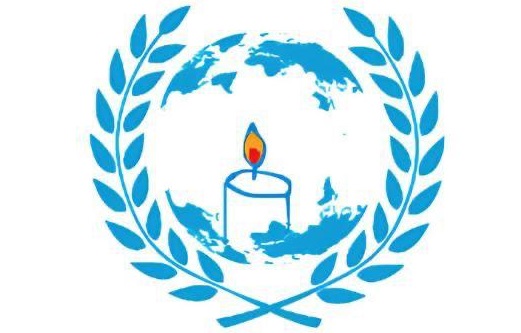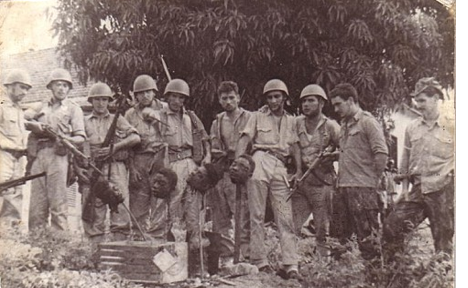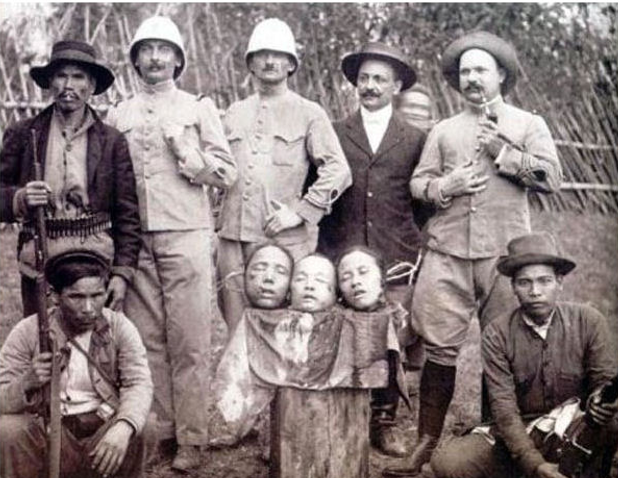High Profile Assassinations
The Assassination of Pro-Independence Leaders was a Key Strategy Used by Colonial Powers to Obstruct Decolonization Around the World.
- About
- museum
- get involve
Paying Tribute to the Anti-Colonization Leaders Whose Blood Was Shed Globally
Between 1961 and 1973, six prominent African independence leaders were assassinated by their ex-colonial rulers, including Patrice Lumumba of Congo. Patrice Lumumba, the Prime Minister of the newly independent Congo, was the second of five leaders of independence movements in African countries to be assassinated in the 1960s by their former colonial masters or their agents.
Even United Nations Secretary-General Dag Hammarskjöld, who was committed to the liberation of Africa, died mysteriously in an air crash while flying to Congo to negotiate a cease-fire.
A sixth, Kwame Nkrumah of Ghana, was ousted in a Western-backed coup in 1966 – and the seventh, Amilcar Cabral, leader of the West African liberation movement against Portugal, of the African Party for the Independence of Guinea and Cape Verde (Partido Africano da Independência da Guiné e Cabo Verde or PAIGC) in Guinea Bissau and Cape Verde, was assassinated in 1973.
Lumumba’s death in 1961 followed that of Félix Moumie, the opposition leader of Cameroon, who was poisoned in 1960. Sylvanus Olympio, the leader of Togo, was killed in 1963.
Mehdi Ben Barka, leader of the Moroccan opposition movement, was kidnapped in France in 1965, and his body has never been found.
Eduardo Mondlane, the leader of Mozambique’s Frelimo movement, which was fighting for independence from Portugal, died from a parcel bomb in 1969.
The loss of this group of leaders, who knew each other and had a common political project based on national dignity, crippled each of their countries and the African continent. The effects are still evident today.
Ben Barka and Cabral were revolutionary theoreticians, as significant as Frantz Fanon of the French Caribbean Island of Martinique and the revolutionary freedom fighter Che Guevara of South America.
Their influence reverberated far beyond their continent. WCM will honor these giants and many others before and after them, who instilled tremendous confidence in the struggle for liberation against colonization worldwide.
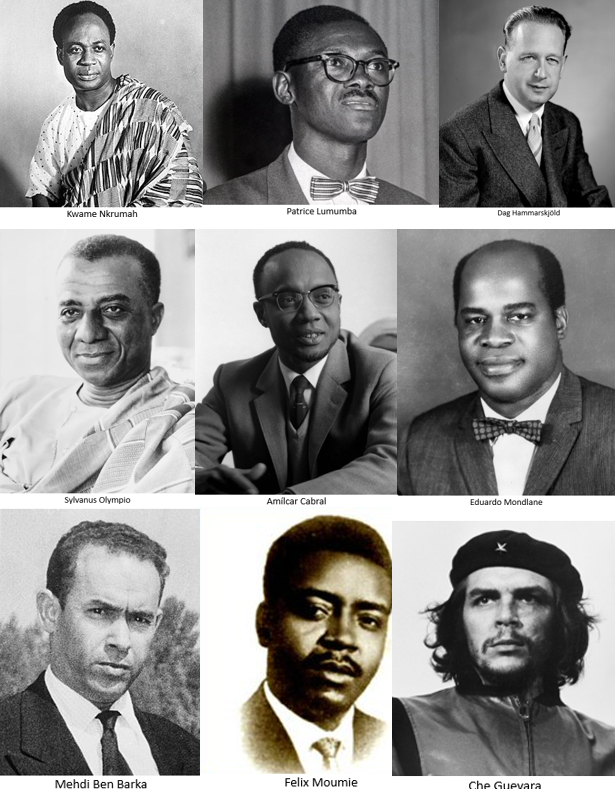
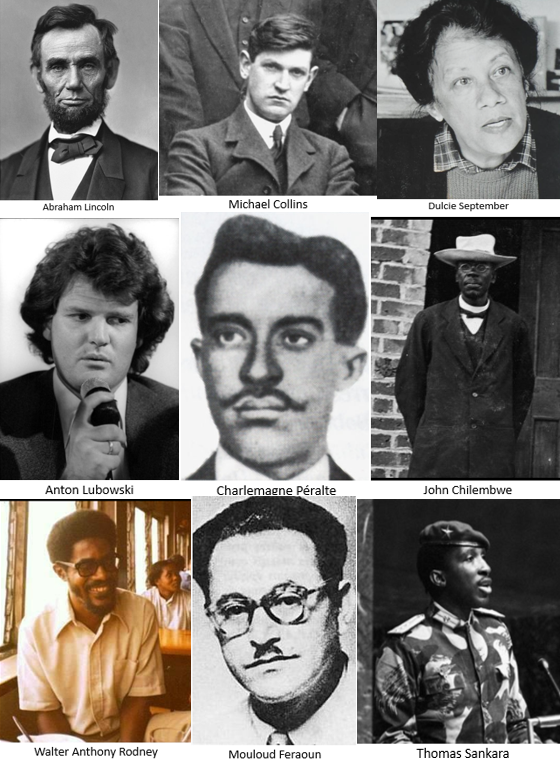
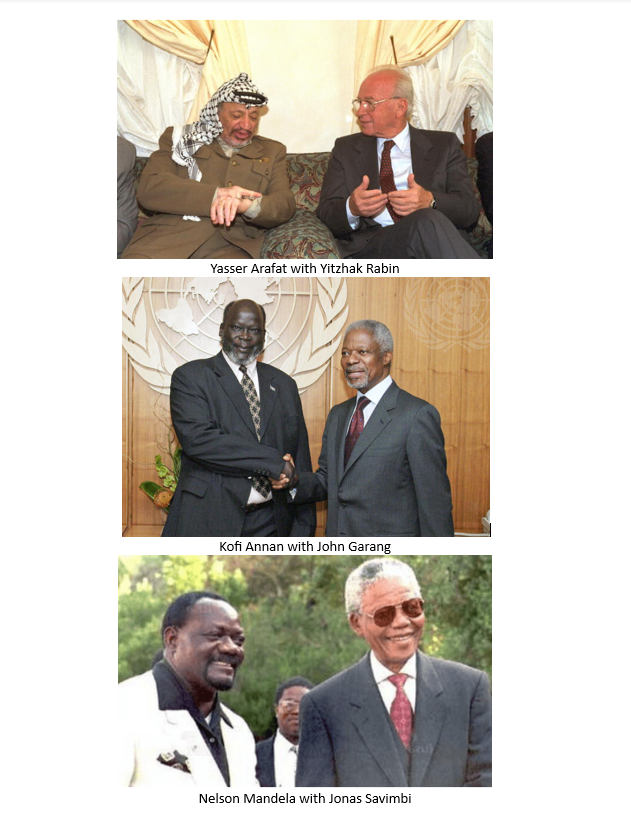
WORLD COLONIZATION MEMORIAL MUSEUM
(WCMM)
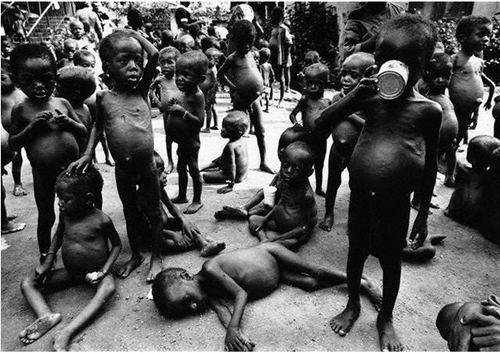
Mission
The mission of the World Colonization Memorial Museum is to restore and make visible suppressed, destroyed, or underrepresented histories of colonization around the world. WCMM will provide a comprehensive compilation of world history, focusing on colonization’s legacy.
The World's First Colonization Museum
From the brutal Age of Exploration and its impact across the globe, the Transatlantic Slave Trade, and its effects in Africa, Europe, the United States, and the Caribbean, and the various genocidal wars of decolonization (not exclusively), the museum will provide detailed interactive content, compelling narratives and colonization will be examined in depth and brought to life through film, images, and first-person narratives.
Situated on a site where indigenous tribal Indian men, women, and children were slaughtered and enslaved Black people were forced to labor in bondage, WCMM will offer an immersive experience with cutting-edge technology, world-class art, and critically important scholarship about world history.
Alongside being the first and only international memorial for victims of colonization, the museum will offer visitors a distinctive chance to engage with the complex facets of our history. Colonization in the Americas, the Caribbean, Africa, Asia, the Middle East, and Europe – the five separate but interlinked wings of the Museum will include hundreds of sculptures and original animated short films narrated by award-winning artists from around the world.
An entire wing of the museum will explore the economics of colonization, the role of the League of Nations, and, subsequently, the United Nations Trusteeship Council in the violent enslavement of indigenous peoples of the Trust Territories; sexual violence against women and children in the colonies; the commodification of people; and the desperate efforts colonized individuals made to gain independence.
An expansive exhibit on the brutal assassination of prominent pro-independence leaders around the world will document in detail the timeline, short films, and first-person narrative accounts.
The museum’s expansive content on the various wars of independence will be housed in a wing that examines the role of media during the era of racial terror through colonization. The last words of dying war victims will dramatize the suffering colonization imposed on entire communities. Facts about the starving to death of children will also help visitors understand the scale of terror and violence many families endured.
Visitors will hear first-person accounts from descendants of murdered pro-independence leaders and descendants of victims of some of the worst wars of independence, and learn about the heroic effort to challenge colonization that was led by legendary decolonization activists, including Mohandas Karamchand Gandhi an Indian lawyer, anti-colonial nationalist and political ethicist who employed nonviolent resistance to lead the successful campaign for India’s independence from British rule, Dr William Edward Burghardt Du Bois (W.E.B. Du Bois), and Kwame Nkrumah the father of modern Pan-Africanism.
The museum will highlight various courageous decolonization movements that confronted colonization.
The imagery of colonization, representing the worldwide aspect of racism, will be powerfully showcased through a collection of signs and notices gathered from various locations worldwide.
WCMM will compile colonial laws and statutes that codified an inferior status for colored people of color worldwide.
A focus on the disenfranchisement of Black soldiers will highlight the overlooked colonial forces of World War I and II, who have never been recognized or appropriately commemorated. This will serve as a key part of the museum, highlighting the erosion of equal rights during colonization.
Visitors will explore some of the most severe civil wars and conflicts globally, understanding that their roots lie in how colonial powers arbitrarily define national borders, often uniting diverse religious and ethnic groups against their will.
The Reflection Space will honor hundreds of individuals dedicated to challenging colonialism and racial injustice. In a grand venue that will showcase world music and powerful imagery, the history of struggle will inspire everyone to reflect on how we can make a difference.
WCMM will feature a world-class art gallery showcasing major works from some of the most celebrated artists globally. The gallery will house pieces explicitly created for the museum, and its entire collection will be curated in line with the museum’s historical narrative.
Collaborations involving both Western and non-Western world music—quasi-traditional, intercultural, and traditional—will examine how music and dance contribute to our understanding of history and the arts.
The Museum will serve as both a physical location and an outreach initiative, acting as a catalyst for educating the public about the legacy of colonization and racial inequity and fostering the truth and reconciliation necessary to find genuine solutions to current issues.
Let's Unveil the Ugly Parts of Our History
Something unjust happened around the world that too few people have discussed. WCM acknowledges that, despite the impacts of colonization, the world can still become a better place. However, if we want to move forward, we must speak the truth, recognize the darker aspects of our history, and commit to reconciliation and healing.
Do you or anyone you know speak English, Spanish, French, Dutch, or Portuguese? Are you aware that these languages, which carry culture and embody the beliefs, values, and identity of European nations, were imposed on conquered populations around the world that were disproportionately of color?
Are you aware that, across Africa, the Americas, Asia, and the Middle East, colonization was not just about economic and linguistic imperialism? It was also a global expression of racism—a brutal and nefarious crime that was witnessed and even celebrated by millions of White people.
Do you realize that the United Nations Trusteeship Council, assigned under the UN Charter to supervise and promote the advancement of Trust Territories toward self-independence, was severely undermined by colonial powers? Under its watch, Trust Territories around the world were drenched in the blood of their revolutionary heroes, who were killed under horrific circumstances—including targeted assassinations, extrajudicial executions, massacres, and genocide.
Are you aware that during colonization people of color were reminded that if they tried to resist enslavement, if they try to prevent the partition of their kingdoms, denied their master’s language, or insisted on gaining independence - in other words, if they did anything that upset or complicates White supremacy, White dominance, and political power they will be killed?
Are you conscious that colonization was not just an uncomfortable footnote in history but reflected the belief in racial differences that reinforced Apartheid, Jim Crow Segregation, and systemic racism that has done real psychic damage not just to Black people but to White people too?
Do you believe that the killing of men, women, and children under the banner of colonization was wrong, unjust, and though most people would rather forget, this dark period of racial terrorism in our past casts a shadow across the world and compromises our commitment to reconciliation and healing?
Regardless of direct impact, if you could, would you do something to commemorate colonization victims and help the world recover from centuries of racial injustice?
If you answer yes to one of the above, you are exactly who we seek. You can become a volunteer or an intern by sending us an email: info@wcm-m.org
You can also connect with WCM through our social media platforms below.
Business:
The international business community is embracing corporate responsibility and can work with us to heal racism and make the world a better place. Partnering with WCM to help tackle racial injustice is good for global citizenship and good business.
Don't hesitate to get in touch: info@wcm-m.org
Civil Society:
WCM recognizes the importance of partnering with civil society/non-profits and invites you to join us in building a better, safer, equitable, and more sustainable world.
Please get in touch: info@wcm-m.org
Donate:
Do you want to contribute to the world's first and only colonization memorial?
World Colonization Memorial (EIN 86-3844927) is a 501(c)(3) organization. Gifts and donations are tax-deductible to the full extent allowable under IRS regulations. You can support us by donating via our Donate link above.
Connect With Us
Please connect with WCM through our social media platforms below.
